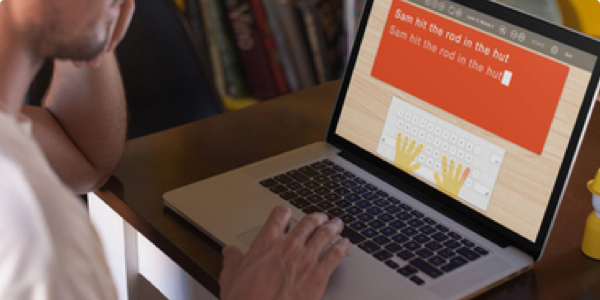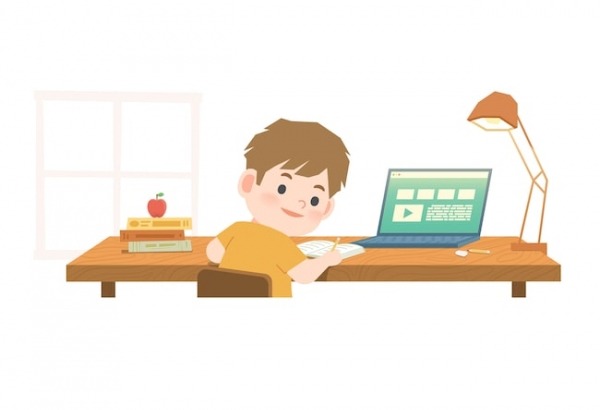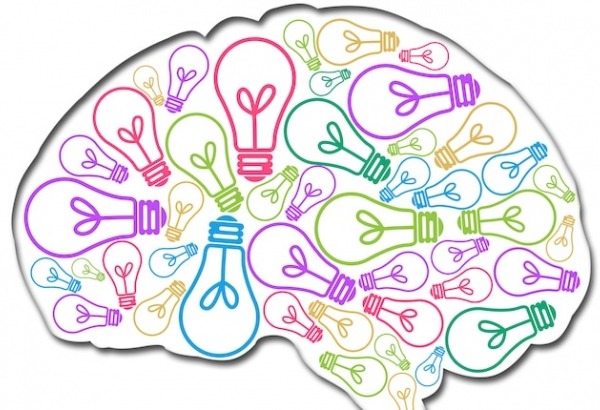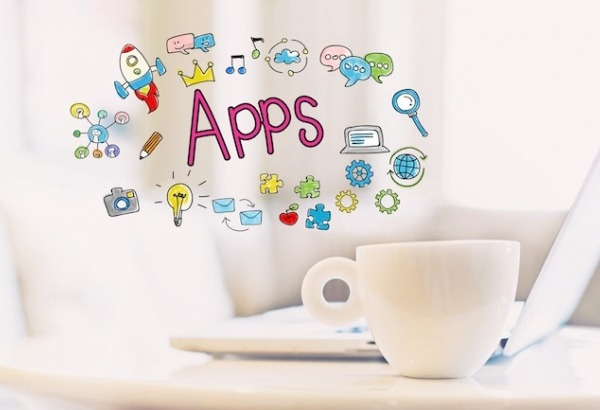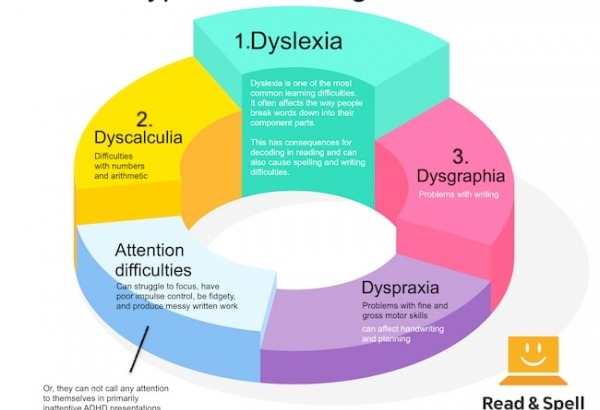Dyslexia is a specific learning difference that can affect spelling and reading skills in children and adults. Students with dyslexia are not less intelligent than their peers, they just process language in a different way. Unfortunately, most school instruction is heavily dependent on reading and writing, thus from an early age, learners with dyslexia are at risk for falling behind or experiencing a mismatch between intellectual potential and performance in the classroom. This is especially true at the end of primary/elementary school when students are graduating from learning to read to reading to learn.
It’s also one reason why dyslexic individuals will typically benefit from having access to strategy training and classroom accommodations that facilitate language use. These accommodations might come in the form of additional time on assessment measures or alternative approaches to assignments.
Quite often they include using a laptop for note-taking, essay-writing, and homework. They may also extend to the use of smartphone and tablet apps that exercise the cognitive abilities which underpin literacy skills success.
But it’s still up to teachers, tutors and parents to select the right programs and apps to ensure a dyslexic learner achieves the maximum benefit from his or her technology use. That’s why we’ve put together this list with information on the skills that learners with dyslexia should be targeting and some of the most popular apps available today.


